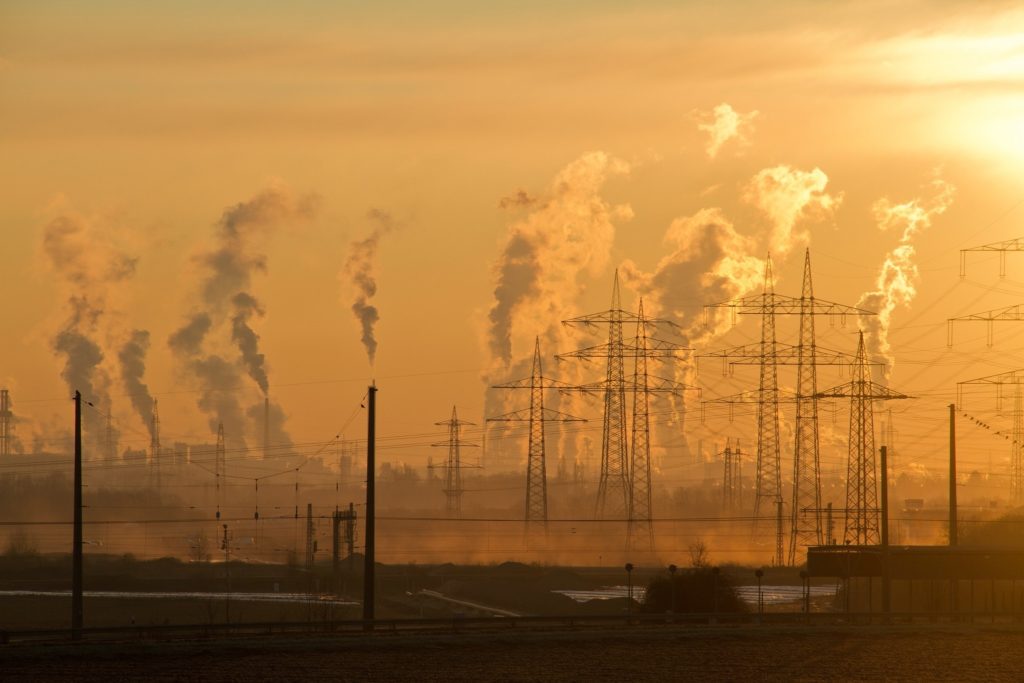Call it a perfect storm… of scandal. As world leaders have gathered in Copenhagen to discuss global climate issues, the ill winds of “Climategate” are still blowing. Since hundreds of private emails between some of the world’s leading climate scientists were hacked and leaked online, skeptics have cried foul. Sarah Palin’s opinion piece in today’s Washington Post is just one example of how the scandal has become a cloud over Copenhagen.
Many claim the email discussion of how to present raw data to “hide the decline” of global temperatures is evidence that researchers conspired to conceal the data that might refute evidence of global warming. The Climate Research Unit of the University of East Anglia is feeling the heat. Already, the head of the university’s research unit has stepped down until an official review of the incident is completed.
The longer-term result is a loss of credibility, and an undermining of the very case the scientists were striving to make. Climategate’s been called everything from “scientific fascism” to a mere “PR problem.” Though the origins of the scandal clearly extend beyond public relations, the reputational impact is …well, I’d call it a Category 5. And, it’s made more difficult by the arcane quality of the data involved. (One of the clearest accounts is Newsweek science editor Sharon Begley’s article posted here.)
There’s enough failure to go around here. And, there are plenty of lessons for academia, as pointed out by the scientific blogosphere. The learnings for research PR and public information professionals, on the other hand, are a bit simpler. I’m sure they might seem naive to a veteran scientist, but here is my take.
Never assume privacy. Especially when it comes to sensitive or politicized issues. Imagining your email or client memos in The New York Times isn’t just an exercise in discretion…it’s a kind of ethical litmus test. If you’d be uncomfortable about someone reading it, you should re-think your role in its dissemination.
Anticipate FOIA requests. Increasingly, research information is subject to Freedom of Information Act Requests. In many countries (like the UK, where the scandal erupted), it’s a criminal offense to ignore or evade such requests, so it should be borne in mind. Talking about deleting or destroying data, as in this case, just compounds the error.
Be precise about language. Having worked with health researchers, I’m amazed at the language the climate scientists used, even among peers. I’m a believer in climate change, but, to me, the word “trick” suggests manipulation, not statistical rigor. “Hide the decline” wasn’t even an accurate description of what the scientists were discussing. They were concerned about so-called proxy reconstruction data from tree rings that wasn’t consistent with other research in demonstrating a gradual global temperature rise. So, it was really more about explaining an inconsistency or aberration in the data that should have been flagged and compensated for, openly.
Be transparent where possible. It’s easy to fall into a bunker mentality when you’re in the eye of a political storm. But, if the techniques had been explained openly, perhaps the skeptics wouldn’t have had so much ammunition.
Don’t try to bury dissent. This is tough, given the increasing politicization of the climate change debate. But, instead of discussing how to evade requests for data, or daydreaming of beating up deniers (as one scientist did) researchers and their agents should put themselves in the shoes of their antagonists. If they, the experts, can’t rise above ignorance and partisanship, how can we?
Don’t cut corners. That’s what Jon Stewart shouts at the end of his hilarious report on the scandal, and the opportunity it’s given to some of the, um, windbags in our own government to exploit the scandal. He says it better than I can. All the rest is hot air.

